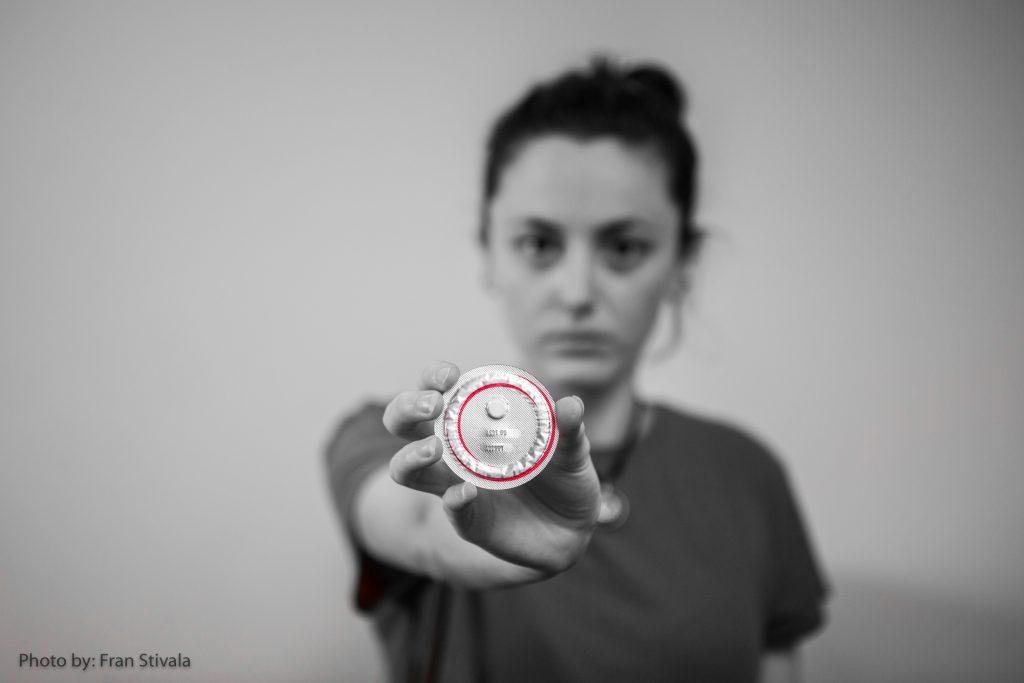
Contraceptive education and accessibility are pillars of sexual health...
Contraception, or lack thereof, marks the beginning of so many issues and controversies. Such a simple, yet effective, concept often neglected by systems and institutions out of embarrassment and self-righteousness, only to then reprimand (and in Malta’s case, criminalise) the only solutions to one of the biggest issues that arise out of the insufficient knowledge of contraception.
By systems and institutions I’m primarily referring to those of education and financial support – not only is there a problem with education but there’s also a lack when it comes to accessibility. According to the introduction of the curriculum Guidelines on Sexuality and Relationships Education in Maltese Schools (published in 2013), there are two main objectives to maintain sexual health: abstinence and contraception. Needless to say that this is beyond problematic (shocker). It is not the job of the educators to scare an adolescent out of having sex, abstinence should not be promoted as the first and foremost form of contraception, because it isn’t. Preaching this is frankly a waste of essential time that can be used to teach consent, respect and communication, as opposed to instilling unnecessary fear in youths. Of course, there’s no shame in choosing to abstain from sex, but that should be a choice made out of the desires and beliefs of an individual, not out of uninformed fear.
When I had such lessons as a thirteen year old girl, I remember learning more in biology about hormonal contraception, barrier methods, permanent contraception, fertility awareness and emergency contraception than I did in the more appropriate contraceptive education lessons. My very few sexual health classes would start with a brief introduction instructing us to use condoms during sex to avoid STDs and STIs (still an integral part of sexual education but it should not take up the entirety of a lesson), then it was occupied by photos of really bad cases of these diseases – a pretty obvious scare tactic. Besides the fact that we did not have enough classes focusing on contraception and sexual health, the little that we did have was plagued with graphic photos rather than instructive information.
On the other hand, there isn’t enough widespread encouragement or accessibility for contraception. All, or at least most, contraceptive methods should be subsidised like they are for most people in the UK (according to NHSinform.scot), New Zealand (according to Familyplanning.org.nz), and Spain (according to Zavamed.com). Subsidisation has obvious benefits, one of which being that it promotes the consideration of safe sex as a necessity rather than a luxury, thus normalising sex for pleasure instead of procreation. Moreover, being able to have sex without fear of getting pregnant should not only be available to people that can afford an extra thirteen euros a month (in this case, I am referring to some contraceptive pills). I would assume that it is obvious that people with more financial burdens should not be at higher risk of having unwanted pregnancies since a portion of abortion cases arise from the inability to fund a child and the pregnancy itself.
All of this also applies to the emergency contraceptive pill that so many women and men fought hard to make accessible in Malta. The fact that pharmacies here refuse (whether they legally can or cannot) to sell this medication due to ‘personal beliefs’ is ridiculous, insensitive and degrading to me. If a woman is lawfully allowed to obtain medication, your personal beliefs should not be of any relevance whatsoever. If your job is to provide medication, then provide it. No one should be entitled to stand between a woman and her legal rights, even if they suggest somewhere else to obtain this pill.
I think the importance of proper knowledge, attainability, and support of contraception is of objective importance. Whether one is pro-choice or anti-choice, unwanted pregnancies are a problem that proper contraceptive use can contain. Ultimately cultural changes are needed to remove fear and disdain around sex for pleasure and contraception. As always, this is exactly why education and governmental support are crucial, to open the minds of all types of people.
What are your thoughts about contraceptive education? Do you have any suggestions or thoughts you’d like to share with us? Send us an email at [email protected]

Ana Tortell is a 19 year old woman who’s currently studying International Relations and Philosophy in the University of Malta. Besides this, she is a dancer and has been dancing since the age of 3 and has performed all over Europe. She is very interested in and passionate about human rights. She is strongly against all forms of discrimination and through this she will try her best to vocalise her opinions in an impactful way.





